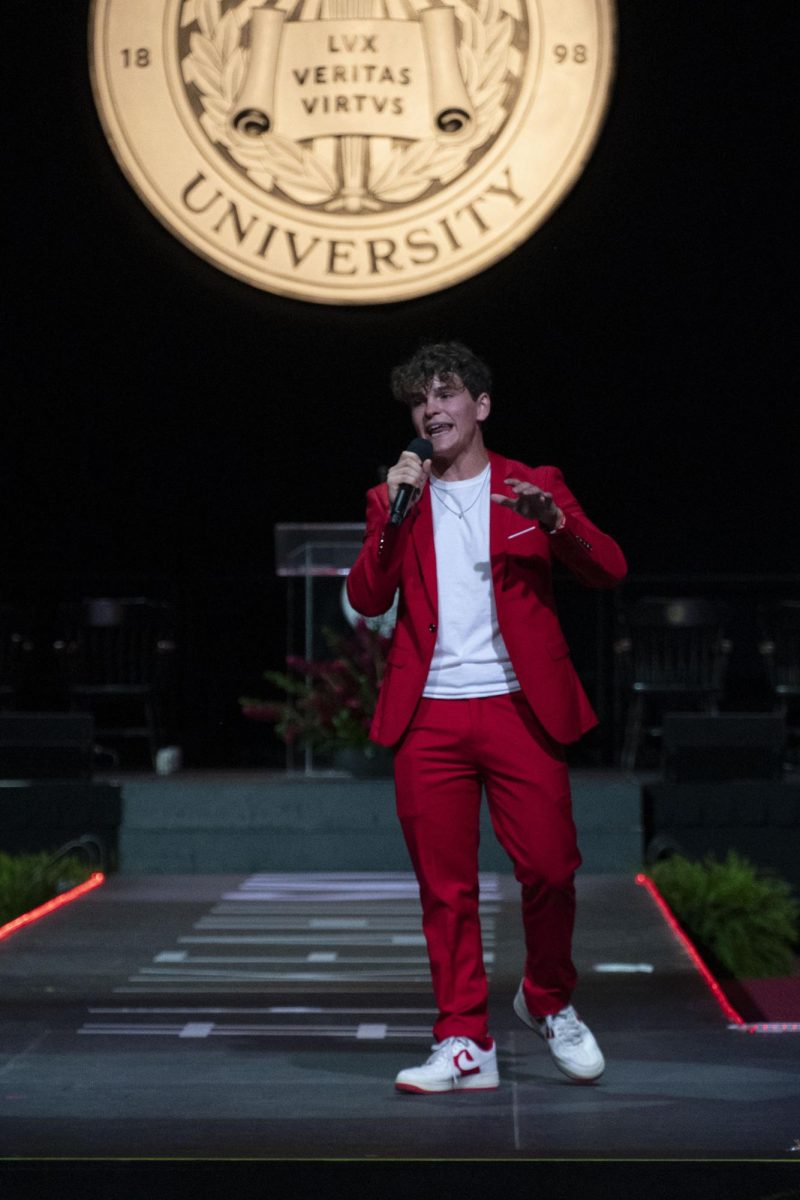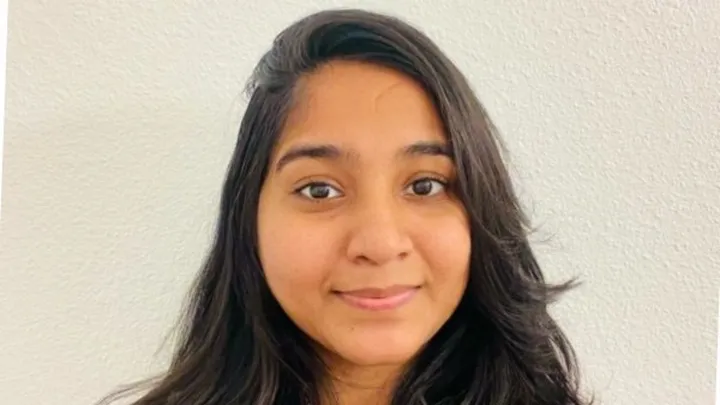By Bobby Hankinson
Freshman communication studies major John Bragg said he was shocked upon learning Northeastern did not have its own television station.
Considering the size of Northeastern, Bragg assumed the university would already be equipped to help students like himself with an interest in film and television production.
That is why he has become an active member of NUTV, a new student group making strides to provide students with a new media outlet.
“It’s a great idea and it’s long overdue,” said Kristin Stanley, coordinator of public relations and special projects for the College of Arts and Sciences. “It will help keep our goal to offer the best opportunities to students and it’s something we had to see happen sometime soon.”
Continuing a struggle that has been taking place over two decades, NUTV was able to establish itself as an official student group and is currently in negotiations with Comcast Cable to carry the station throughout campus.
“At our first big meeting we had really good student support,” Bragg said. “But now we need money, and whenever you talk about money, people get nervous.”
NUTV President Mike Kligerman agreed that funding has been one of the organization’s biggest problems.
“A lot of organizations say they are going to support us,” Kligerman said. “Then they turn around and take it back.”
The $370,146 budget proposed by NUTV, including such expenditures as $15,000 for audio visual equipment, $12,000 for equipment maintenance and $115,000 for editing software, had been originally split between the media board, academic departments, information services and unclaimed university funding.
A large portion of the funding is set to go the purchasing of virtual studio technology, an investment that TV Training Studio Manager Ron Starr says will alleviate some problems with storing sets and incorporate graphic design and animation.
“We’re dealing with cutting-edge technology here,” Starr said. “Potential students come through and we mention virtual studio technology and their eyes light up.”
However, Media Board has offered to only provide a portion of the $30,946 requested from them by NUTV. Without the adequate funding, NUTV’s future lies in jeopardy.
WRBB general manager Amanda Irons, who sits on Media Board, says while she fully supports NUTV, she can understand some of the Media Board’s concerns, especially those involving where NUTV will set up its main offices.
“Their problem is that second studio; no one will take responsibility for it,” Irons said. “Communication studies should help them out, or at least help them find a donor because no one is just going to give them $350,000.”
The Media Board also includes student organizations such as the Times New Roman and the Onyx Informer.
“NUTV would be an indispensable addition to this campus,” said SGA President Michael Romano. “Someone is going to have to step up to the plate and provide the financial support that this project needs.”
Bragg, however, does not see this as the end of NUTV, and is already in the process of seeking alternate methods of funding. Romano also pledged SGA’s assistance in helping NUTV get off the ground.
“I will be working with the vice president of financial affairs to try and generate some financial solutions to some of their requests,” Romano said. “But in the meantime, people are going to have to start providing more solutions.”
Some of the avenues NUTV is exploring are fundraising, donations and possibly accessing funds from Northeastern’s technology fund, Bragg said.
The group remains hopeful that all the benefits NUTV would offer the university will help get them funding from the department of interdisciplinary studies.
Kligerman described his dream for NUTV as not only showcasing student talent, but also providing a venue to put out information and unite all students, whether they are on campus, off-campus or on co-op.
He said he also hopes to include programming that would showcase what classes Northeastern offers, as well as what goes on at SGA meetings. Kligerman and Bragg said there are also real benefits behind the camera for communications students.
“Our school brought up communication studies as one of our biggest majors, but we don’t even have a TV station,” Bragg said. “To become a top 100 school, we need a TV station.”
While the benefits may be clear, the process to establish NUTV is a difficult one, and with few organizations jumping to assist in the funding, its future is unclear.
“As with every project, it takes time to build,” Romano said. “And unfortunately you can’t just flip a light switch and have things completed; but at the same time, this has been an issue students have pushed for over two decades, and it’s time for someone to turn on the switch.”








